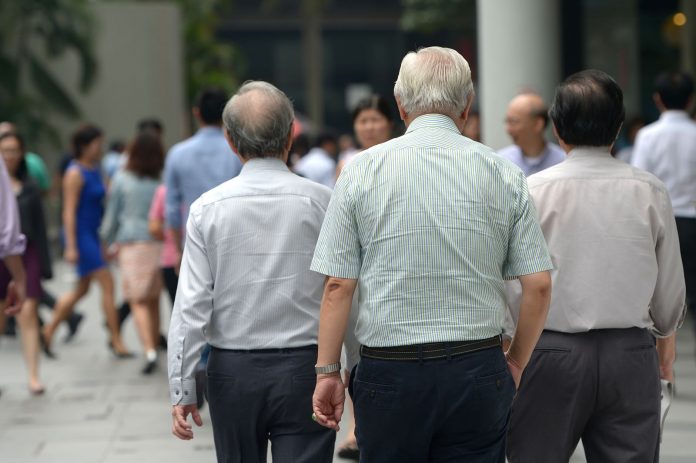A group of trade unions and NGOs has called on the government to introduce a salary adjustment mechanism for senior workers to ensure they receive salary increments aligned with minimum wage increases. They noted that workers who began their career earning as little as RM500 monthly before the introduction of a minimum wage now earn around RM1,600 – almost the same as new employees receiving the RM1,500 minimum wage.
“We recommend that the Madani government add a new section of wage adjustment to the upcoming minimum wage order for workers. “Whenever the minimum wage is raised, the wages of workers who earn higher than the minimum wage but below the upper limit of the B40 group (RM5,250) should be increased by the same rate as the minimum wage increase,” they said in a joint statement. They said, for example, the existing minimum wage of RM1,500 will be increased by RM200, or 13.3%, to RM1,700 in 2025. “By implementing the new wage adjustment section, workers earning between RM1,500 and RM5,250 are also entitled to a 13.3% wage increase. After the wage adjustment, a senior worker earning RM1,600 will receive RM1,813,” they said.
The signatories to the statement include the National Union of Transport Equipment and Allied Industry Workers (NUTEAIW), the Sabah Hotel, Resort and Restaurant Employees Union, the Malayan Nurses Union, Penang Textile and Garment Workers’ Union. The NGOs who endorsed the statement are Persatuan Pembela Wanita Pulau Pinang and Tenaganita.
Asked who should be eligible for the proposed wage adjustment, NUTEAIW’s Gopal Kishnam Nadesan told FMT that it should apply to those who have 20 years or more working experience. The trade unions and NGOs said that senior workers were disappointed that no adjustment to their salaries would be done despite the implementation of the new RM1,700 minimum wage in 2025. They said employers refused to increase the salary of these senior workers on the grounds that the company did not have sufficient financial resources. They said the minimum wage reform was the most “straightforward” approach to help senior workers who faced stagnant wages. “This move will provide a major relief to families below the absolute poverty line and within the B40 group,” they said, adding that it was in line with the government’s goal of increasing the labour income share from 32% to 45% by 2033.
FMT






















